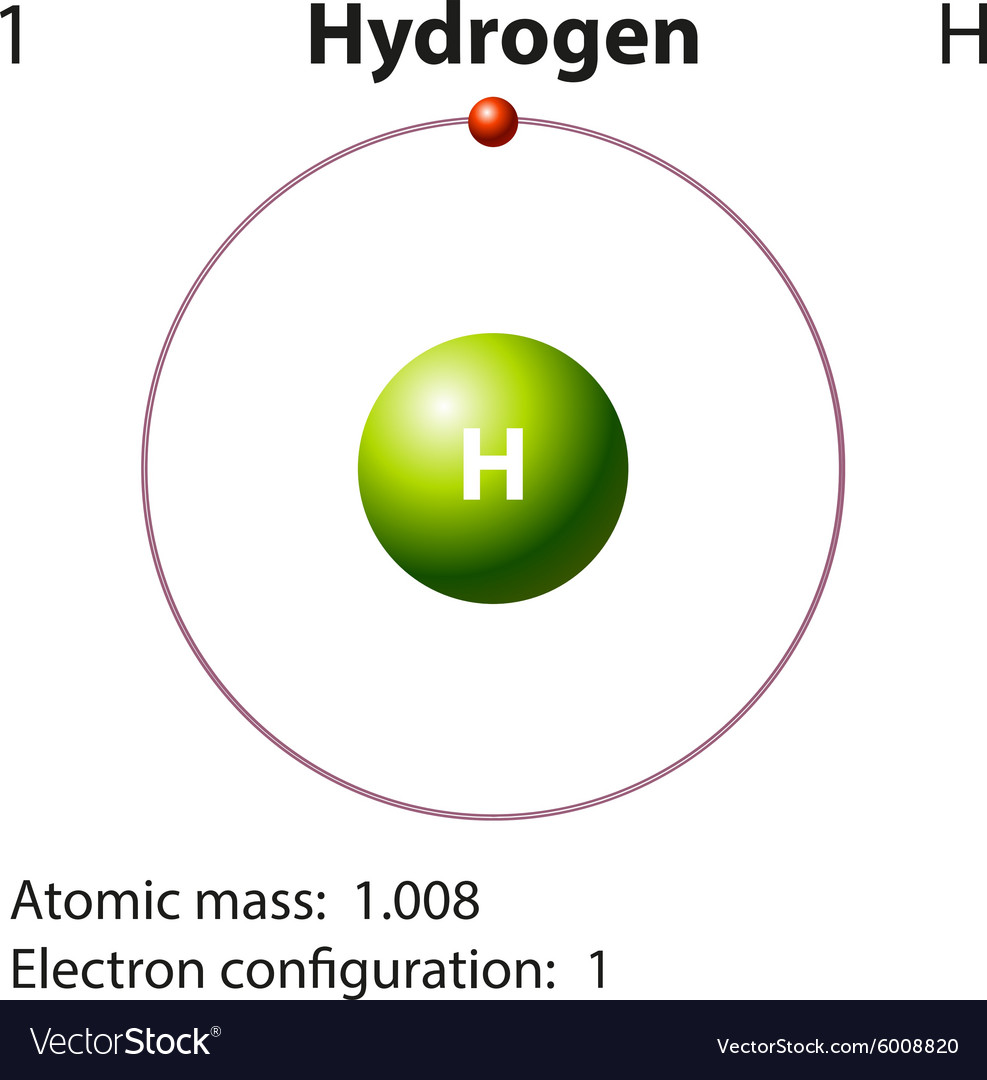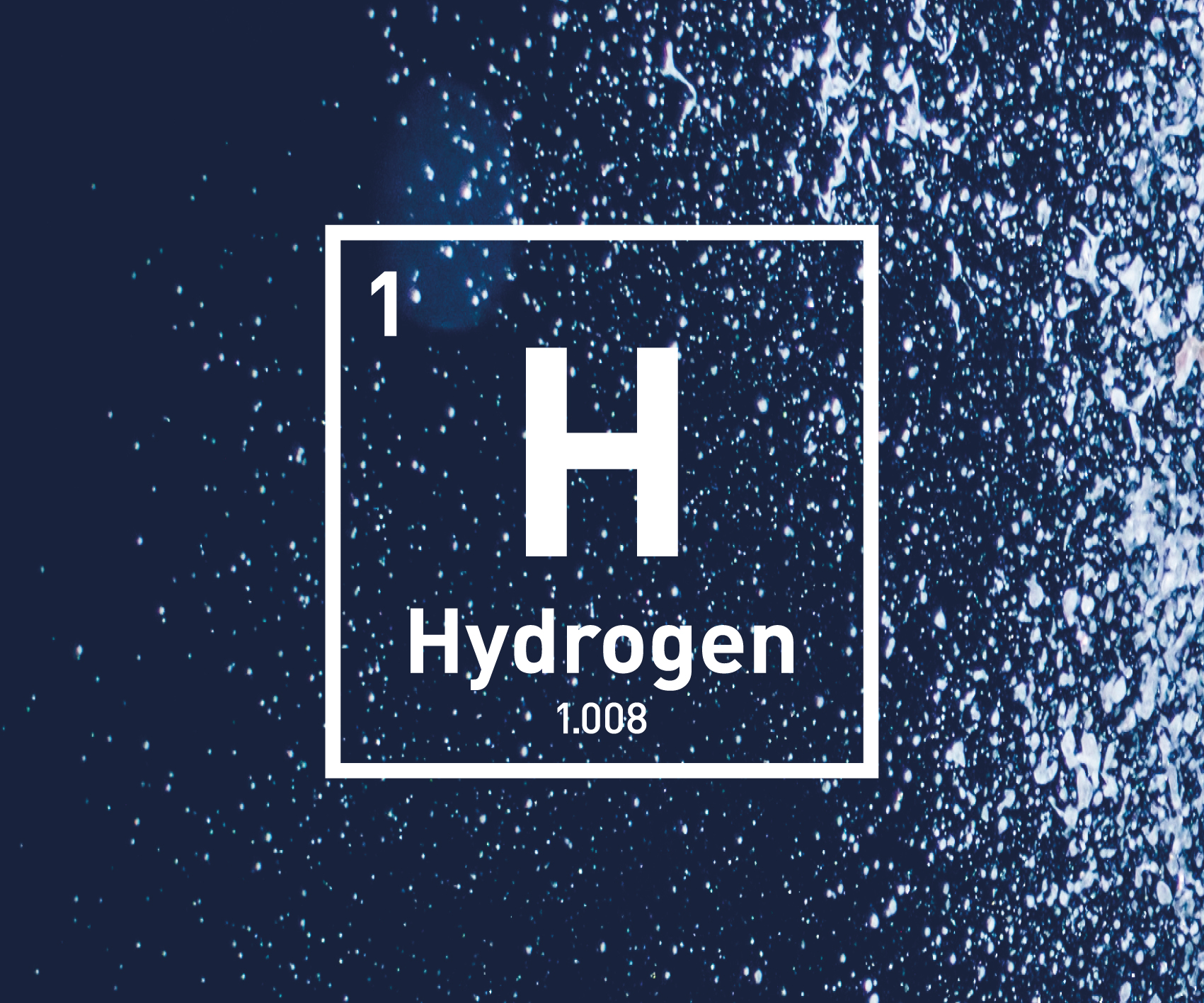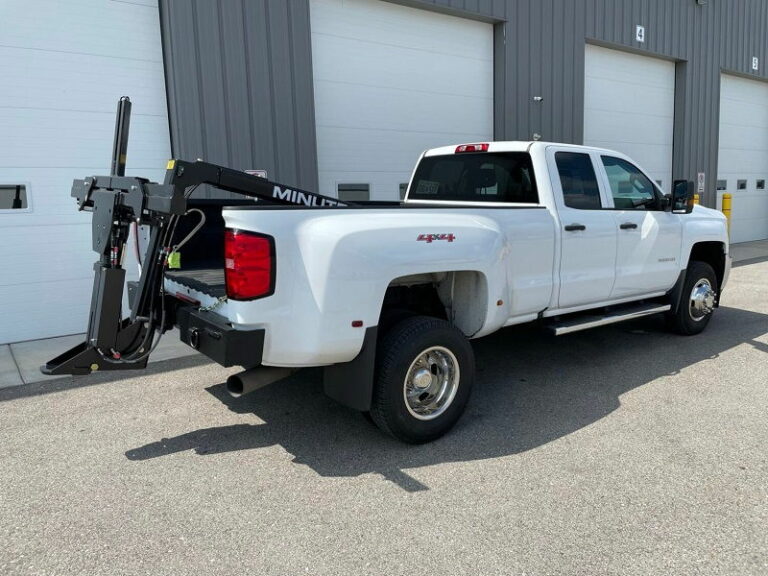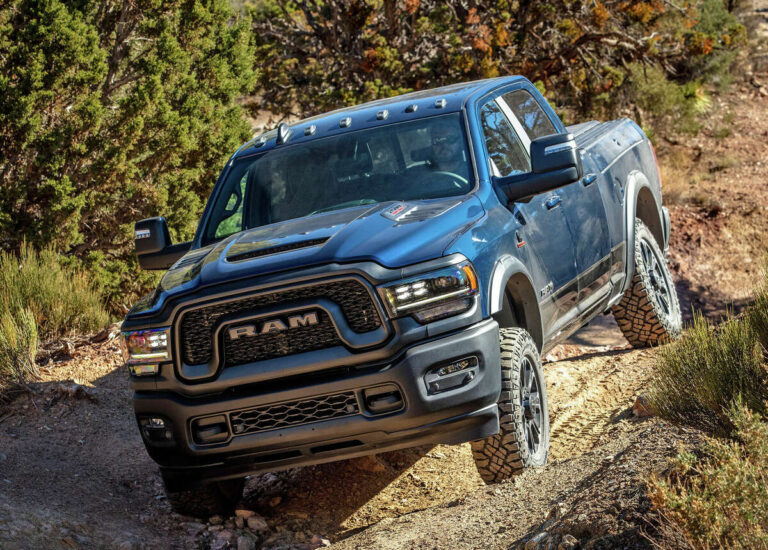Hydrogen Fuel Cell Trucks For Sale
Hydrogen Fuel Cell Trucks For Sale cars.truckstrend.com
The global push for decarbonization and sustainable transportation has propelled hydrogen fuel cell technology into the spotlight, particularly for heavy-duty applications where battery-electric vehicles face limitations in range, payload, and refueling time. Hydrogen Fuel Cell Trucks (HFCVs) represent a promising alternative to traditional diesel engines, offering zero tailpipe emissions and operational efficiencies that are increasingly attractive to logistics companies, fleet operators, and governments worldwide. This comprehensive guide delves into the world of Hydrogen Fuel Cell Trucks for sale, exploring their technology, benefits, considerations for purchase, available models, and the future outlook for this revolutionary mode of transport.
What are Hydrogen Fuel Cell Trucks?
Hydrogen Fuel Cell Trucks For Sale
At their core, Hydrogen Fuel Cell Trucks are electric vehicles that generate their own electricity on board, rather than relying solely on a large battery charged from the grid. This electricity is produced through an electrochemical reaction within a fuel cell stack, where hydrogen gas (stored in high-pressure tanks) reacts with oxygen from the air. The only byproducts of this reaction are electricity, heat, and water vapor – meaning zero harmful tailpipe emissions.
Unlike battery-electric trucks (BEVs) which store energy in large battery packs, HFCVs use a smaller buffer battery to assist with acceleration and braking, and to store excess energy. Their primary power source is the fuel cell, continuously generating electricity as long as hydrogen is supplied. This fundamental difference gives HFCVs several distinct advantages, particularly for long-haul trucking and operations requiring continuous heavy-duty cycles, where the weight of large batteries and extended charging times can be prohibitive for BEVs.
Why Consider Hydrogen Fuel Cell Trucks?
Investing in hydrogen fuel cell trucks offers a compelling suite of benefits that extend beyond environmental stewardship, impacting operational efficiency and long-term financial viability.
Environmental Imperative and Emissions Reduction
The most immediate and impactful benefit of HFCVs is their zero tailpipe emissions. By emitting only water vapor, they drastically reduce a fleet’s carbon footprint, eliminate smog-forming pollutants (NOx, SOx, particulate matter), and contribute significantly to cleaner air in urban and port areas. This aligns with increasing environmental regulations and corporate sustainability goals, positioning companies as leaders in green logistics.
Operational Efficiency and Performance
- Rapid Refueling: One of the most significant advantages over BEVs is the refueling time. Filling a hydrogen tank takes minutes, comparable to diesel trucks, rather than the hours required for charging large battery packs. This minimizes downtime and maximizes vehicle utilization, crucial for high-demand logistics operations.
- Extended Range: HFCVs typically offer ranges comparable to diesel trucks, often exceeding 500-700 miles on a single fill, making them ideal for long-haul routes without the need for frequent stops.
- Consistent Power and Payload: Unlike BEVs where battery weight can impact payload capacity, hydrogen storage tanks are relatively lighter, allowing for greater cargo capacity. Fuel cells also deliver consistent power output regardless of the state of charge, ensuring reliable performance throughout the journey.
- Temperature Resilience: Fuel cell performance is less affected by extreme temperatures compared to battery performance, making them suitable for diverse climates.


Financial and Strategic Advantages
While the initial purchase price might be higher (a point we’ll address), the Total Cost of Ownership (TCO) is a critical factor.
- Government Incentives: Many governments and regions offer substantial tax credits, grants, and subsidies for the purchase and deployment of zero-emission vehicles, including HFCVs, significantly offsetting upfront costs.
- Fuel Cost Stability (Long-term): As hydrogen production scales and infrastructure develops, the cost of hydrogen is expected to stabilize and potentially become more competitive with diesel, especially considering carbon pricing and taxes on fossil fuels.
- Brand Image and Future-Proofing: Adopting HFCVs enhances a company’s public image, demonstrating a commitment to sustainability. It also future-proofs fleets against increasingly stringent emissions regulations and potential bans on internal combustion engines in certain zones.

Key Considerations Before Buying Hydrogen Fuel Cell Trucks
Acquiring a hydrogen fuel cell truck is a significant investment that requires careful planning and consideration of several key factors.
1. Hydrogen Fueling Infrastructure
This is arguably the most critical consideration. Unlike diesel, hydrogen fueling stations are not yet ubiquitous.
- Availability: Assess the current and planned hydrogen fueling stations along your primary routes. Is there a reliable supply?
- On-site Fueling: For large fleets, considering the installation of a dedicated on-site hydrogen fueling station might be a viable option, though it requires significant upfront investment and space.
- Supply Chain: Understand how hydrogen will be delivered to the fueling station (pipeline, truck delivery). Is the hydrogen "green" (produced from renewable energy) or "blue" (produced from natural gas with carbon capture)? The source impacts the overall environmental footprint.
2. Upfront Cost vs. Total Cost of Ownership (TCO)
HFCVs currently have a higher purchase price than comparable diesel trucks. However, a holistic TCO analysis is essential.
- Initial Investment: Be prepared for a higher sticker price.
- Fuel Costs: While hydrogen prices vary, factor them into your operational budget.
- Maintenance: Fuel cell systems have fewer moving parts than internal combustion engines, potentially leading to lower long-term maintenance costs, though specialized servicing will be required.
- Incentives and Subsidies: Aggressively research and apply for all available government incentives, which can drastically reduce the effective purchase price.
3. Range and Payload Requirements
Match the truck’s specifications to your operational needs.
- Route Assessment: Do the available HFCV models offer sufficient range for your typical routes, considering variations in terrain, weather, and load?
- Payload Capacity: Ensure the truck’s payload capacity meets your operational requirements without compromise.
4. Maintenance and Servicing Network
As a newer technology, the maintenance and servicing ecosystem for HFCVs is still developing.
- Dealer Network: Are there authorized service centers with trained technicians in your operational area?
- Specialized Training: Ensure your maintenance staff receives proper training if you plan in-house servicing for routine checks.
- Parts Availability: Consider the lead times for specialized components.
5. Government Regulations and Policies
Stay informed about evolving regulations concerning zero-emission vehicles, including potential mandates, tax benefits, and access to low-emission zones. These policies can significantly impact the financial viability and operational necessity of adopting HFCVs.
Leading Manufacturers and Models
The market for hydrogen fuel cell trucks is rapidly expanding, with major automotive and trucking manufacturers investing heavily in R&D and production. While specific "for sale" models and their exact prices are highly variable based on configuration, region, and incentives, here are some of the key players and their notable offerings (or prototypes):
- Hyundai: A pioneer in hydrogen mobility, Hyundai offers the Xcient Fuel Cell Truck, which is already in commercial operation in several countries (e.g., Switzerland, Germany, California). It’s a heavy-duty truck designed for long-haul and regional distribution.
- Toyota / Kenworth: Toyota, a leader in fuel cell passenger cars (Mirai), has partnered with Kenworth to develop Class 8 fuel cell electric trucks for drayage and regional hauling, notably demonstrated in California’s Port of Los Angeles.
- Nikola Corporation: Known for its early focus on hydrogen, Nikola is producing the Nikola Tre FCEV (Fuel Cell Electric Vehicle), a Class 8 truck targeting long-haul applications.
- Daimler Truck (Mercedes-Benz): Daimler is developing the Mercedes-Benz GenH2 Truck, a long-haul prototype aiming for ranges over 1,000 kilometers on a single fill, with pilot customer testing underway.
- Volvo Trucks: Volvo is also heavily invested in fuel cell technology for heavy-duty applications, with prototypes and testing programs ongoing for their own long-haul solutions.
- Hyzon Motors: A dedicated fuel cell vehicle manufacturer, Hyzon offers various heavy-duty and medium-duty fuel cell trucks, with a focus on refuse, drayage, and regional hauling.
- PACCAR (Peterbilt/DAF): Like Kenworth, other PACCAR brands are exploring fuel cell integration, often in partnership with fuel cell technology providers.
It’s important to note that many of these trucks are currently in limited production, pilot programs, or pre-order phases. Availability for direct purchase can vary significantly by region and fleet size.
The Buying Process: How to Acquire a Fuel Cell Truck
Acquiring a hydrogen fuel cell truck typically involves a more structured approach than purchasing a traditional diesel vehicle, especially for early adopters.
-
Needs Assessment:
- Route Analysis: Map out your typical routes, including distances, elevation changes, and payload requirements. This will determine the necessary range and power.
- Operational Environment: Consider the climate, type of goods transported, and specific industry regulations.
- Fleet Integration: How will HFCVs fit into your existing fleet and operational rhythm?
-
Research and Vendor Engagement:
- Manufacturer Consultation: Contact manufacturers directly. They often have dedicated teams to help fleets evaluate suitability and provide detailed specifications.
- Pilot Programs: Inquire about pilot programs or early adopter initiatives, which can provide valuable hands-on experience and data before a full-scale commitment.
- TCO Analysis: Work with vendors or independent consultants to conduct a thorough Total Cost of Ownership analysis, factoring in purchase price, incentives, fuel costs, maintenance, and projected lifespan.
-
Infrastructure Planning:
- Fueling Strategy: This is paramount. Identify existing hydrogen stations, discuss future station development plans with hydrogen suppliers, or explore options for on-site fueling.
- Permitting and Safety: Understand the regulations and safety protocols associated with hydrogen storage and fueling.
-
Financing and Incentives:
- Grant Applications: Dedicate resources to identifying and applying for federal, state, and local grants or tax credits specifically designed for zero-emission vehicles.
- Specialized Financing: Explore financing or leasing options offered by manufacturers or specialized lenders for green technologies. Leasing can be an attractive option to mitigate initial investment and manage evolving technology.
-
Order and Deployment:
- Customization: Work with the manufacturer on any necessary customizations for your specific application.
- Delivery and Training: Plan for the delivery logistics and ensure your drivers and maintenance teams receive comprehensive training on the new technology, safety protocols, and operational differences.
Operating and Maintaining Your Fuel Cell Truck
Operating an HFCV shares many similarities with traditional trucks but introduces specific considerations.
- Refueling: Drivers will need to be trained on the safe and proper procedure for connecting to high-pressure hydrogen dispensers. The process is quick and clean.
- Route Planning: While range is good, drivers will need to be aware of hydrogen station locations, especially in areas with limited infrastructure.
- Routine Maintenance: Like BEVs, HFCVs have fewer moving parts than diesel engines. Maintenance will focus on the electric powertrain, braking systems, tires, and general truck components. However, specific checks on the fuel cell stack, hydrogen storage system, and high-voltage electrical systems will require specialized tools and trained technicians.
- Software Updates: As with most modern vehicles, over-the-air (OTA) software updates may be common for optimizing performance and efficiency.
- Driver Familiarization: While the driving experience is similar to an automatic transmission, drivers should be familiarized with the quiet operation, regenerative braking, and unique dashboard indicators.
Challenges and the Future Outlook
While hydrogen fuel cell trucks offer immense promise, the ecosystem faces certain challenges:
- Infrastructure Gap: The limited number of hydrogen fueling stations is the biggest hurdle. Significant investment is needed to build a robust and widespread network.
- Cost: The upfront cost of HFCVs and the price of hydrogen (especially "green" hydrogen) are currently higher than conventional alternatives.
- Hydrogen Production: Scaling up "green" hydrogen production (via electrolysis using renewable energy) is crucial to ensure the entire lifecycle is truly emissions-free.
- Public Perception: Addressing safety concerns related to hydrogen storage and handling is vital for public and industry acceptance.
Despite these challenges, the future outlook for hydrogen fuel cell trucks is highly optimistic. Governments worldwide are committing billions to hydrogen strategies, leading to:
- Rapid Infrastructure Development: New stations are being planned and built, often strategically located along major trucking corridors and at ports.
- Falling Costs: As production scales, technology matures, and competition increases, the cost of fuel cell systems and hydrogen itself is projected to decrease.
- Technological Advancements: Continued R&D will lead to more efficient fuel cells, lighter and safer hydrogen storage, and improved overall vehicle performance.
- Strategic Partnerships: Collaborations between truck manufacturers, energy companies, and logistics providers are accelerating deployment.
Hydrogen fuel cell trucks are not just a concept; they are becoming a tangible solution for heavy-duty transport, poised to play a critical role in achieving a sustainable and efficient future for freight.
Estimated Price Guide: Hydrogen Fuel Cell Trucks For Sale
The pricing for hydrogen fuel cell trucks is highly dynamic, influenced by the nascent market, ongoing R&D, government incentives, and specific configurations (e.g., range, payload, features). Unlike conventional trucks, precise list prices are often not publicly available and are typically negotiated directly with manufacturers or through leasing programs. The table below provides estimated price ranges for different classes of hydrogen fuel cell trucks, along with key factors influencing their cost.
Disclaimer: These figures are broad estimates and can vary significantly based on manufacturer, specific model, regional market conditions, available incentives, and customization options. Prices are generally before the application of any government grants, tax credits, or subsidies, which can substantially reduce the effective purchase cost.
| Truck Class/Type | Typical Application | Estimated Price Range (USD) | Key Factors Influencing Price |
|---|---|---|---|
| Light-Duty (Class 2b-3) | Delivery vans, smaller box trucks, utility vehicles | $100,000 – $250,000 | Fuel cell power output, hydrogen storage capacity, battery size, vehicle body type, interior features, level of autonomous driving features, regional incentives. |
| Medium-Duty (Class 4-6) | Regional delivery, refuse collection, port drayage | $250,000 – $500,000 | Fuel cell stack size, total hydrogen storage volume (affecting range), motor power, chassis customization, cabin features, PTO (Power Take-Off) capabilities, manufacturer brand, market maturity, and available government support programs. |
| Heavy-Duty (Class 7-8) | Long-haul trucking, severe-duty applications, construction | $500,000 – $1,000,000+ | Fuel cell power output (e.g., single vs. multiple stacks), extensive hydrogen storage capacity (for long range), robust electric drivetrain, advanced safety systems, specialized vocational upfits (e.g., dump, concrete mixer), brand prestige, research & development costs recovery. |
Important Notes on Pricing:
- Incentives are Key: For early adopters, government incentives (federal, state, and local) are crucial for making HFCVs financially viable. These can include purchase rebates, tax credits, and grants for infrastructure development.
- Total Cost of Ownership (TCO): While upfront costs are high, analyze the TCO over the vehicle’s lifespan, factoring in potential fuel savings (as green hydrogen becomes more available and affordable), lower maintenance, and operational efficiencies.
- Leasing Options: Many manufacturers and specialized financing companies offer leasing programs, which can lower the initial capital outlay and provide flexibility as technology evolves.
- Emerging Market: As production scales and technology matures, prices are expected to decrease significantly over the next decade, making HFCVs more competitive with conventional trucks.
Frequently Asked Questions (FAQ) about Hydrogen Fuel Cell Trucks
Q1: Are Hydrogen Fuel Cell Trucks safe?
A1: Yes, modern hydrogen fuel cell trucks are designed with multiple layers of safety features and adhere to rigorous international safety standards. Hydrogen tanks are built to withstand extreme conditions, and the gas dissipates quickly into the atmosphere if a leak occurs, unlike gasoline or diesel. Manufacturers conduct extensive crash testing and incorporate advanced safety systems.
Q2: How long does it take to refuel a hydrogen fuel cell truck?
A2: Refueling a hydrogen fuel cell truck is remarkably fast, typically taking 8 to 20 minutes, depending on the tank size and dispenser flow rate. This is comparable to refueling a diesel truck and significantly faster than charging a large battery-electric truck.
Q3: What is the typical range of a hydrogen fuel cell truck?
A3: The range varies by model and hydrogen storage capacity, but many heavy-duty HFCVs are designed to offer ranges comparable to diesel trucks, often exceeding 300 to 700 miles (500 to 1,100 kilometers) on a single fill.
Q4: Are hydrogen fuel cell trucks truly zero-emission?
A4: Yes, at the tailpipe, HFCVs emit only water vapor and warm air, making them zero-emission vehicles. The overall environmental impact depends on how the hydrogen itself is produced. "Green hydrogen," produced using renewable energy sources (like solar or wind) for electrolysis, ensures a truly zero-emission lifecycle from production to consumption. "Blue hydrogen," produced from natural gas with carbon capture, reduces emissions but is not entirely zero.
Q5: How do hydrogen fuel cell trucks compare to battery-electric trucks (BEVs)?
A5: Both are zero-emission at the tailpipe, but they excel in different applications:
- HFCVs: Ideal for long-haul, heavy-duty applications requiring extended range and rapid refueling, where battery weight and charging times are prohibitive.
- BEVs: Well-suited for shorter, predictable routes with depot charging, or where weight is less of a concern.
HFCVs generally offer lighter weight and faster refueling, while BEVs benefit from more established charging infrastructure (though still developing for heavy-duty).
Q6: What is the lifespan of a fuel cell stack in a truck?
A6: The lifespan of a fuel cell stack is continuously improving. Manufacturers are targeting lifespans comparable to the useful life of the truck itself, often aiming for 20,000 to 30,000 operating hours or more, which translates to hundreds of thousands of miles for a heavy-duty truck. Replacement costs are part of the long-term TCO analysis.
Q7: Is hydrogen infrastructure widely available for trucks?
A7: Currently, hydrogen fueling infrastructure for heavy-duty trucks is limited and concentrated in specific regions (e.g., California, parts of Europe, South Korea, Japan). However, there are significant global investments and plans to expand this network rapidly along major freight corridors. Early adoption often involves strategic partnerships or the development of dedicated fleet fueling stations.
Q8: Can I convert my existing diesel truck to run on hydrogen fuel cells?
A8: No, converting a diesel truck to a hydrogen fuel cell truck is not a practical or commercially viable option. HFCVs are purpose-built vehicles with integrated fuel cell systems, electric powertrains, hydrogen storage tanks, and specialized control systems that are fundamentally different from an internal combustion engine vehicle.
Q9: What kind of maintenance do hydrogen fuel cell trucks require?
A9: Maintenance needs are generally lower than diesel trucks due to fewer moving parts. Routine maintenance will focus on the electric motors, brakes, tires, and general vehicle systems. However, specialized checks and servicing of the fuel cell stack, hydrogen storage system, and high-voltage electrical components will be required by trained technicians.
Conclusion
The advent of hydrogen fuel cell trucks marks a pivotal moment in the evolution of commercial transportation. While challenges remain, particularly concerning the widespread availability of fueling infrastructure and initial investment costs, the compelling benefits of zero emissions, rapid refueling, and extended range position HFCVs as a leading solution for decarbonizing the heavy-duty trucking sector.
For logistics companies and fleet operators looking to future-proof their operations, meet ambitious sustainability targets, and potentially reduce long-term operational costs, exploring hydrogen fuel cell trucks for sale is no longer a distant possibility but a tangible and increasingly viable option. As technology matures, production scales, and the global hydrogen ecosystem expands, these silent, powerful, and clean vehicles are set to redefine the future of freight. Now is the time for forward-thinking businesses to assess their needs, engage with manufacturers, and prepare for a cleaner, more efficient era of transportation.





